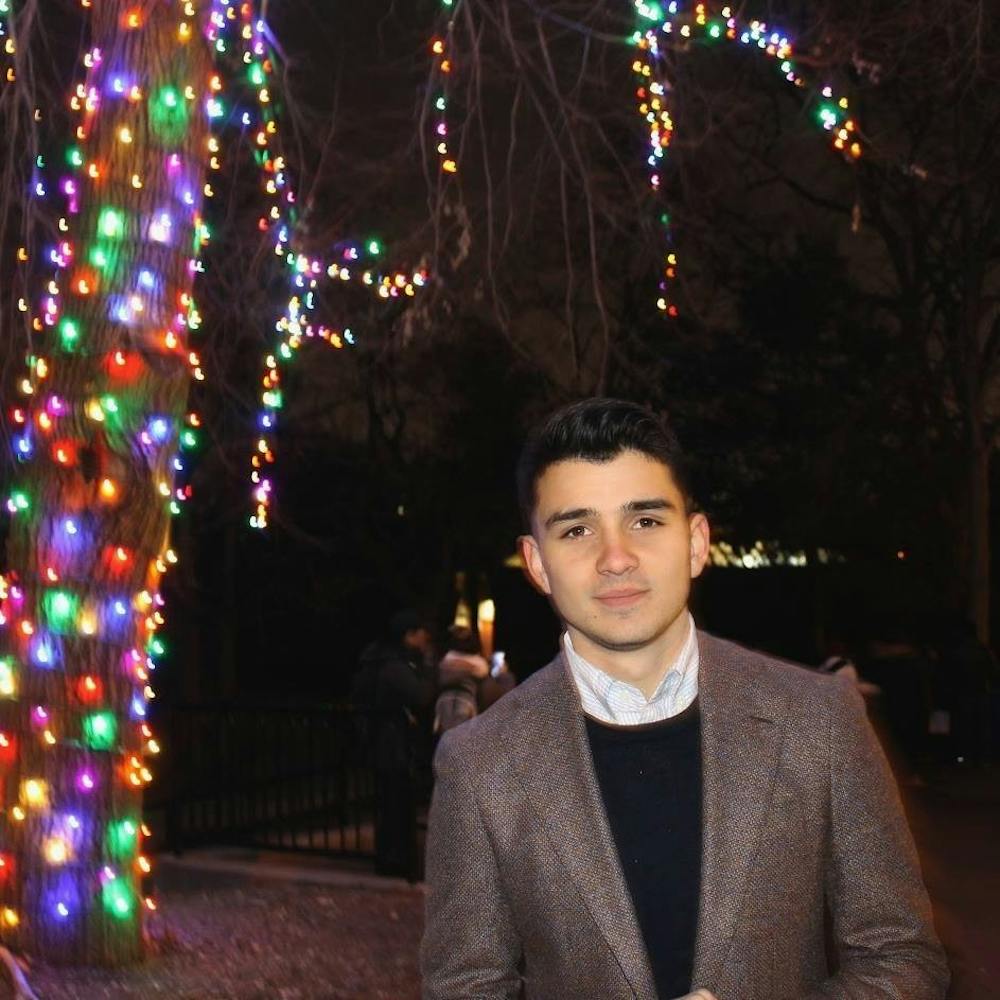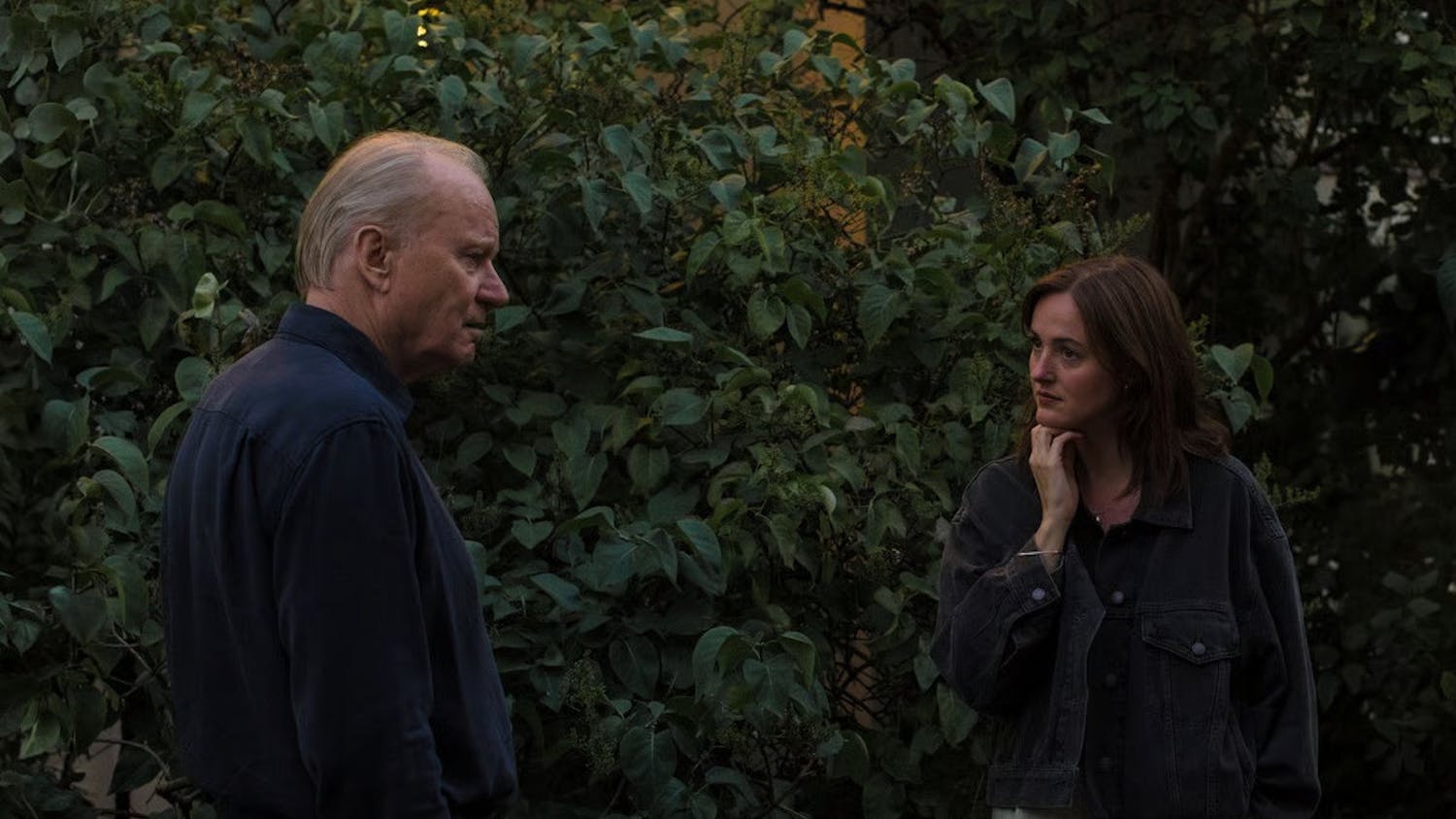I wasn’t quite sure if it was a universal maxim, but I had heard friends of mine recite the humourous adage, “he’s just saying what we’re all thinking,” fictitiously assuming the role of the cucked Trump supporter proclaiming their admiration for our new Commander-in-Chief and his knack for stating the obscene, perverse and politically incorrect.
Although the phrase was generally used as a low jab towards Trump and his groupies, it reveals much of what is inefficient, and theoretically damning, regarding liberals and their use of political correctness as a means, end and political action.
As a disclaimer, I’d like to point out that the act of censoring our speech for the sake of inclusivity and general respect should be commonsensical. It is in no way harmful in and of itself, and we should press our peers to consider utilizing language that does not carry with it preconceived sexist, racist, ableist, etc. values that devalue people and their identities.
This should be of no debate. (Hint: punch those who do debate it.) It is when political correctness is simultaneously employed as both an act of resistance and as a means to true liberation when it falls short. I urge liberals to reconsider what they understand as revolutionary and legitimately useful. The struggle does not end here.
Popular aphorisms – Trumpisms – such as, “He just tells it like it is,” or “He’s just saying what we’re all thinking,” should exact to us the nature of the ‘isms’ politically correct liberals desperately attempt to combat. Discrimination, injustice and violence are not structured within language; they are structured within the base of the reality we inhabit.
Language, the medium poltical correctness aims to alter, operates in the most symbolic of realms, existing not as a categorical truth, but as a way of understanding, relaying and reflecting the social landscape we’re subjected to navigate.
Postmodern deconstructionists such as Foucault and Derrida, whom left-liberals love to misconstrue, correctly conveyed to us how power, hierarchy and violence is transcribed and sustained through language. Are we so ridiculous to assume that their solution was to simply not speak? Of course not, and for precisely this reason these thinkers were not ‘liberals,’ but critical leftists.
Our goal should, therefore, not be to constantly censor our speech, but to rewire the zero-level relations of society so that the linguistic lexicon available to us does not contain within it discrimination/violence. Simply put, political correctness aims to alter the superstructure of society, while the true root of the violence that exists within our language is reflective of the relations in the base of society. If we are to truly uproot injustice and attack it at its source, we must attack the base, not language.
“He tells it like it is”: In this sense, racism very literally, ‘is’. “He’s just saying what we’re all thinking.” Regardless of whether or not racism is communicated or expressed through language, it still exists, and is still being thought and experienced.
Political correctness does nothing but obscure a forever lurking issue, acting as the proverbial band aid struggling to suppress an open wound. Within our subjective reality, violence exists structurally – whether we speak about it or not.
So then, what is to be done? Ultimately – and this will no doubt elicit opinions from all ends of our political constellation – we must radically reorganize the ways in which we relate to one another. What I am proposing is far too utopian for today’s standards, especially considering the state of affairs following the election, but nonetheless, we should still aim for the eventuality of an alterity rationally built upon entirely different relations, and keep certain options on the intellectual backburner for future use. By all means, let us all be inclusive with our language and utilize every tool available to us in mitigating injustice, but know that the struggle does not end here.
Joe Henao is a junior in the School of International Service.





